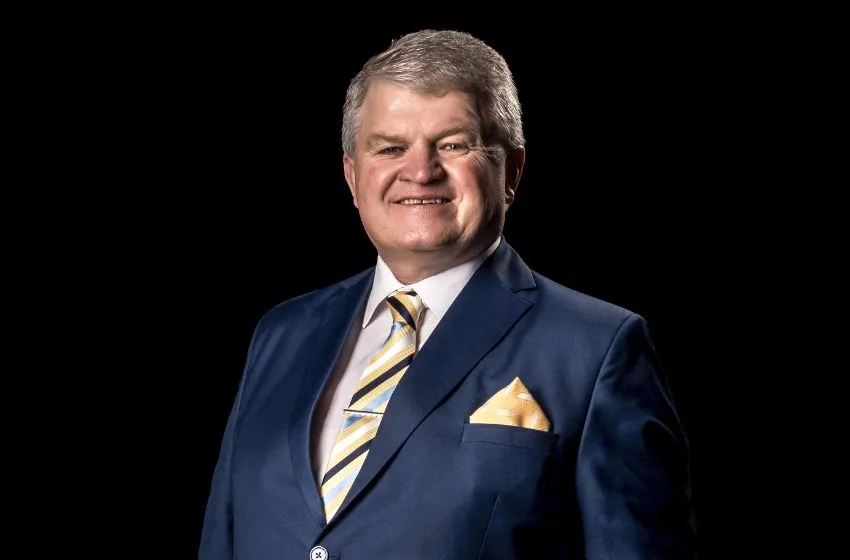By Phillip J. Mostert
Inequality in Africa is not a historical accident. It was deliberately engineered. The same institutions now publishing glossy reports on African development helped build the very systems that entrenched poverty, dependence, and exclusion.
For decades, the narrative has been the same. Africa needs more aid, more reform, more time. Yet history tells a very different story, one in which the structures that shape global finance and trade were never designed to benefit African nations.
In 1944 and 1945, the International Monetary Fund and the World Bank were born with a singular mission to rebuild war-ravaged Europe. Africa was not at the table. Decisions that would define global economic rules for generations were made without African representation. As Europe recovered, Africa’s economies were left to inherit systems built for extraction, dependence, and marginalization.
By the 1960s and 1970s, newly independent African nations inherited economies designed for export rather than sustainable development. Raw materials flowed out, finished goods came in at higher costs, factories were scarce, and local leverage was almost nonexistent. This pattern entrenched dependence and created a structural disadvantage that persists today. The promise of political independence was not matched by economic freedom.
YOU CAN ALSO READ: Berkshire’s Builder, Wall Street’s Sage: Warren Buffett Marks 95th Birthday
The 1980s and 1990s brought yet another challenge. Africa’s debt crisis opened the door for Structural Adjustment Programs imposed by the IMF and the World Bank. Governments were pressured to cut public spending, privatize state assets, and remove trade protections while prioritizing raw exports. These programs were sold as solutions to stabilize economies, yet they often deepened poverty, widened inequality, and stripped nations of critical tools to build resilient domestic industries.
Even in countries that avoided the harshest of these prescriptions, inequality endured. In 1996, South Africa introduced the Growth, Employment and Redistribution policy. Designed to attract investors, it embraced market-friendly reforms but left ownership structures largely untouched. Political apartheid ended, but the economic blueprint remained extractive. Growth occurred, yet redistribution did not, leaving historical disparities unresolved and a large segment of society disconnected from the benefits of progress.
If inequality feels baked into Africa, it is because it was. These challenges are structural, not incidental. The continent has been navigating systems that were never intended to serve its majority population. Until these foundations are rewritten, Africa will continue managing fallout rather than building true freedom, prosperity, and self-determination.
Real change requires more than aid, charity, or short-term reforms. It demands structural transformation. Africa must control the value chain, ensuring that from raw materials to finished products more value remains on the continent. Industrial capacity must be strengthened through manufacturing, processing, and industrialization to serve as the backbone of sustainable growth. Institutions must be reformed to enforce transparency, accountability, and policies that protect local ownership and foster inclusive wealth creation.
YOU CAN ALSO READ: From Ownership to Purpose: Ajay Wasserman’s Vision for Responsible Capital
Equally important is a shift in mindset. Africa must redefine success beyond GDP growth. True development measures whether wealth creation empowers communities, strengthens institutions, and nurtures future generations of entrepreneurs. Profit without purpose is short-lived. Purpose without profit is unsustainable. At Fio Capital Family Office, where I co-lead alongside Ajay Wasserman, we unite decades of global capital experience with next-generation entrepreneurial drive to invest where profit and purpose intersect. Our mission is clear: to unlock Africa’s growth, scale impact, and empower legacies that endure.
Africa’s story does not have to be one of engineered inequality. But rewriting it demands more than vision; it requires structural courage, bold policies, and leaders willing to challenge entrenched systems. The continent can no longer settle for managing the fallout of a blueprint designed for others. It is time to design a new blueprint, one that creates ownership, builds capacity, and secures freedom for generations to come.
Phillip J Mostert is a Strategic Business Specialist and founder of Montriche Capital Family Office. A Senator in the G20 Grand Assembly and WBAF, he is a passionate advocate for thought leadership and entrepreneurship. He focuses on leveraging entrepreneurship to advance Africa’s development in food security, ag-tech, fintech, innovation, technology, and the green economy, particularly through the continent’s renewable energy and battery mineral resources.










